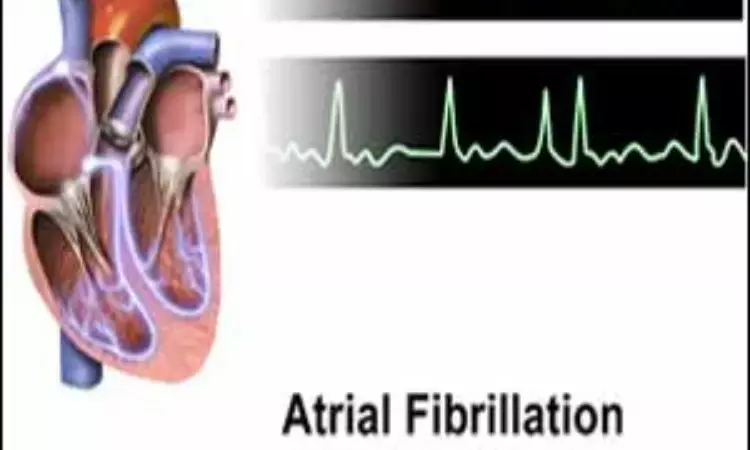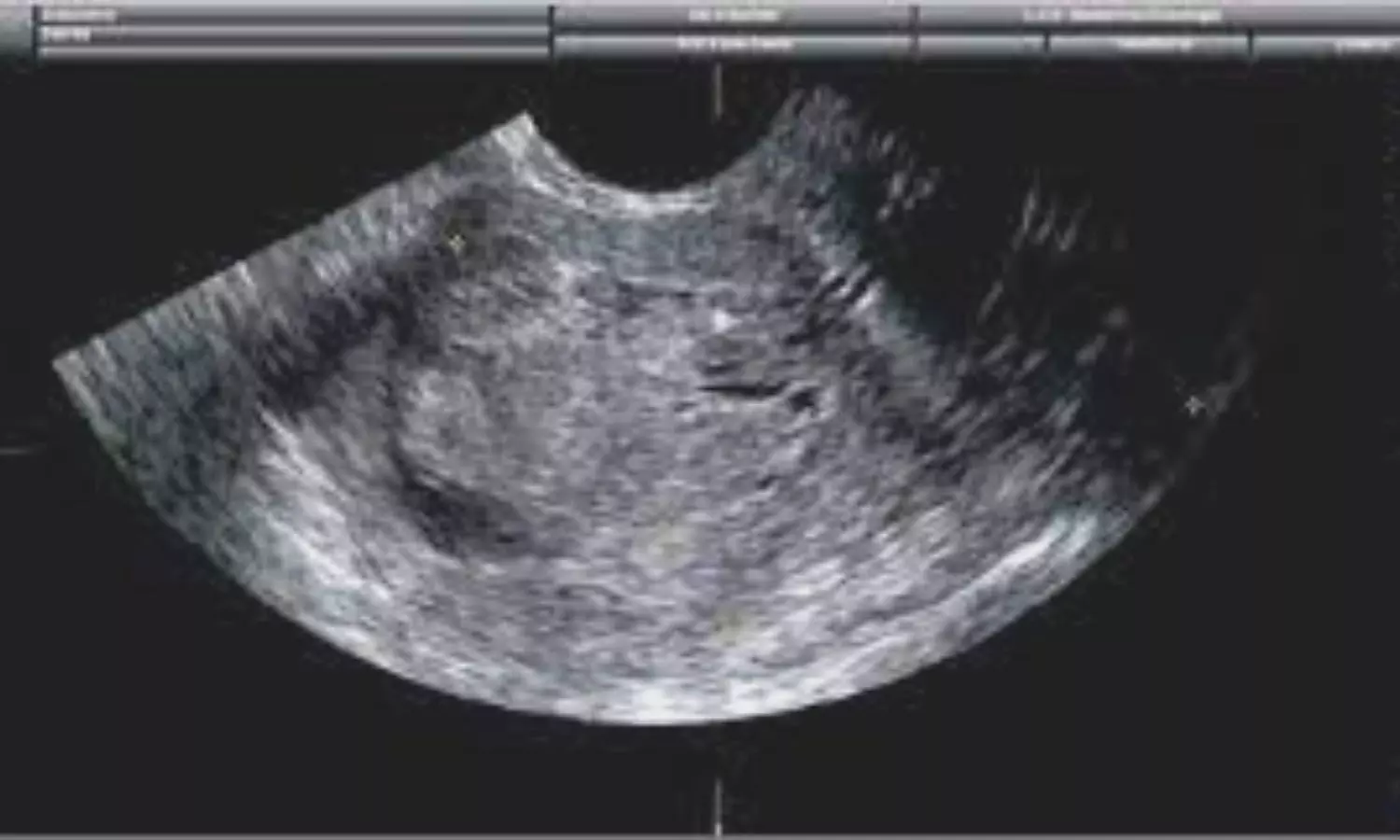- Home
- Medical news & Guidelines
- Anesthesiology
- Cardiology and CTVS
- Critical Care
- Dentistry
- Dermatology
- Diabetes and Endocrinology
- ENT
- Gastroenterology
- Medicine
- Nephrology
- Neurology
- Obstretics-Gynaecology
- Oncology
- Ophthalmology
- Orthopaedics
- Pediatrics-Neonatology
- Psychiatry
- Pulmonology
- Radiology
- Surgery
- Urology
- Laboratory Medicine
- Diet
- Nursing
- Paramedical
- Physiotherapy
- Health news
- Fact Check
- Bone Health Fact Check
- Brain Health Fact Check
- Cancer Related Fact Check
- Child Care Fact Check
- Dental and oral health fact check
- Diabetes and metabolic health fact check
- Diet and Nutrition Fact Check
- Eye and ENT Care Fact Check
- Fitness fact check
- Gut health fact check
- Heart health fact check
- Kidney health fact check
- Medical education fact check
- Men's health fact check
- Respiratory fact check
- Skin and hair care fact check
- Vaccine and Immunization fact check
- Women's health fact check
- AYUSH
- State News
- Andaman and Nicobar Islands
- Andhra Pradesh
- Arunachal Pradesh
- Assam
- Bihar
- Chandigarh
- Chattisgarh
- Dadra and Nagar Haveli
- Daman and Diu
- Delhi
- Goa
- Gujarat
- Haryana
- Himachal Pradesh
- Jammu & Kashmir
- Jharkhand
- Karnataka
- Kerala
- Ladakh
- Lakshadweep
- Madhya Pradesh
- Maharashtra
- Manipur
- Meghalaya
- Mizoram
- Nagaland
- Odisha
- Puducherry
- Punjab
- Rajasthan
- Sikkim
- Tamil Nadu
- Telangana
- Tripura
- Uttar Pradesh
- Uttrakhand
- West Bengal
- Medical Education
- Industry
Implantable Loop Recorder Does Not Significantly decrease Ischemic strokes in AF: JAMA

A new investigation revealed that Implantable Loop Recorder screening for Atrial Fibrillation (AF) did not significantly decrease ischemic or severe strokes as published in JAMA Neurology.
Stroke is a major cause of mortality and disability throughout the world. Screening trials for AF have failed to demonstrate a significant reduction in stroke risk. As the impact on stroke severity and the importance of prior strokes are unknown, researchers conducted a study to assess stroke characteristics in patients undergoing implantable loop recorder (ILR) screening for AF vs usual care and assess the importance of prior stroke. A post hoc analysis of the Atrial Fibrillation Detected by Continuous Electrocardiogram Monitoring Using Implantable Loop Recorder to Prevent Stroke in High-Risk Individuals (LOOP) randomized clinical trial was done.
Participants who were 70 years or older without known AF but diagnosed with 1 or more of the following like hypertension, diabetes, heart failure, or prior stroke were taken. Participants were recruited from four sites in Denmark between January 31, 2014, and May 17, 2016. The median (IQR) follow-up period was 65 (59-70) months. There were two arms of intervention which were ILR screening for AF and anticoagulation initiation if AF duration of 6 minutes or longer was detected (ILR group) vs usual care (control group). The main outcome of measurement was adjudicated stroke, classified according to the modified Rankin Scale (mRS) using a score of 3 or more as a cutoff for severe (disabling or lethal) stroke, and according to the Trial of Org 10172 in Acute Stroke Treatment (TOAST) classification for ischemic strokes.
Results:
A total of 6205 individuals were screened for inclusion, and 6004 were randomized and included in the analysis.
| Parameter | Control Group | ILR group | Comment |
| No. of participants | 4503 | 1501 | mean age was74.7 years and had 2375 male participants in control group. mean age was 74.7 years and had 792 male participants in ILR group. |
| Prior stroke | 794/4503 | 262/1501 | |
| AF diagnosed in | 550 | 477 | 1027 participants had AF and anticoagulation was initiated in 89% of these. |
| Stroke during study | 249 | 66 | 315 participants in total had a stroke. The median (IQR) mRS score was 2 (1-3) with no difference across the groups. |
| Ischemic stroke | 217 | 55 | 272 had ischemic stroke in total. |
| severe stroke | 100 | 23 | 123 had sever stroke in total. |
| Hazard Ratios | 0.76 | 0.69 |
Thus, the researchers concluded from the post hoc analysis that ILR screening for AF did not result in a significant decrease in ischemic or severe strokes compared with usual care. They also found from their exploratory subgroup analyses that in participants without prior stroke there was a possible reduction of these outcomes.
Further reading: 10.1001/jamaneurol.2022.3031
Diederichsen SZ, Frederiksen KS, Xing LY, et al. Severity and Etiology of Incident Stroke in Patients Screened for Atrial Fibrillation vs Usual Care and the Impact of Prior Stroke: A Post Hoc Analysis of the LOOP Randomized Clinical Trial. JAMA Neurol. Published online August 29, 2022.
BDS, MDS
Dr.Niharika Harsha B (BDS,MDS) completed her BDS from Govt Dental College, Hyderabad and MDS from Dr.NTR University of health sciences(Now Kaloji Rao University). She has 4 years of private dental practice and worked for 2 years as Consultant Oral Radiologist at a Dental Imaging Centre in Hyderabad. She worked as Research Assistant and scientific writer in the development of Oral Anti cancer screening device with her seniors. She has a deep intriguing wish in writing highly engaging, captivating and informative medical content for a wider audience. She can be contacted at editorial@medicaldialogues.in.
Dr Kamal Kant Kohli-MBBS, DTCD- a chest specialist with more than 30 years of practice and a flair for writing clinical articles, Dr Kamal Kant Kohli joined Medical Dialogues as a Chief Editor of Medical News. Besides writing articles, as an editor, he proofreads and verifies all the medical content published on Medical Dialogues including those coming from journals, studies,medical conferences,guidelines etc. Email: drkohli@medicaldialogues.in. Contact no. 011-43720751




